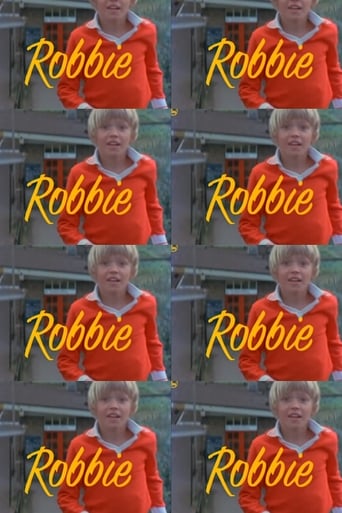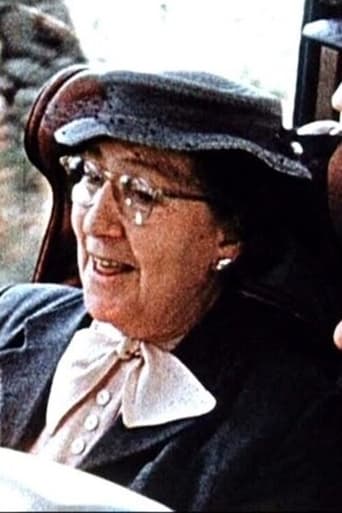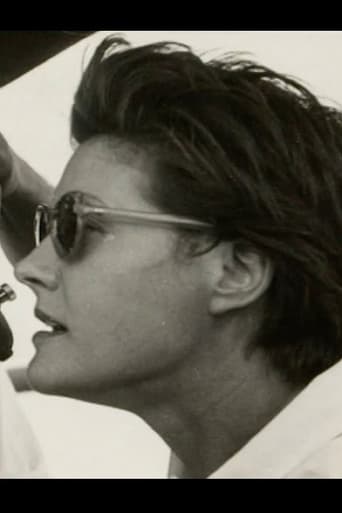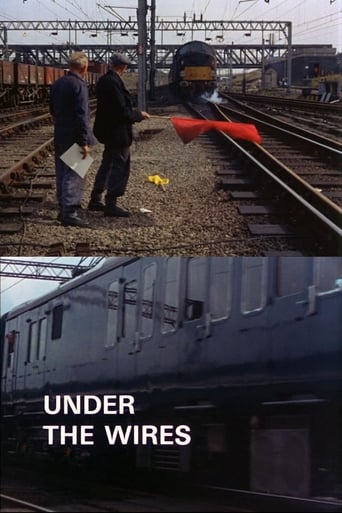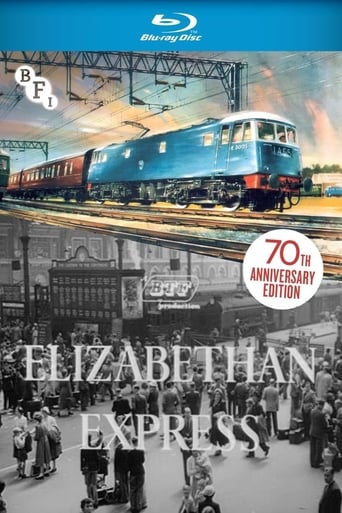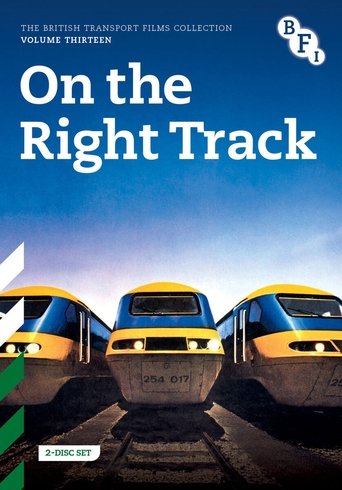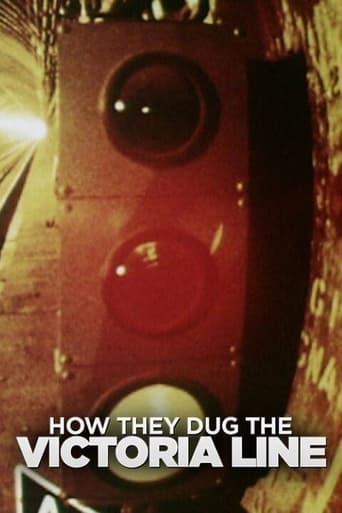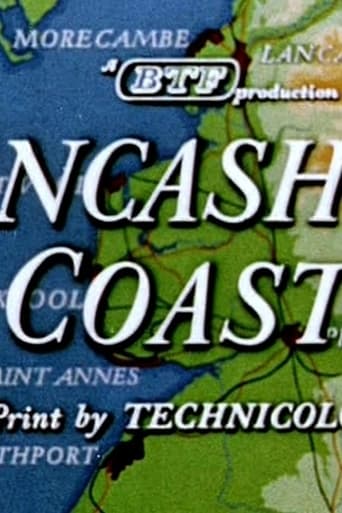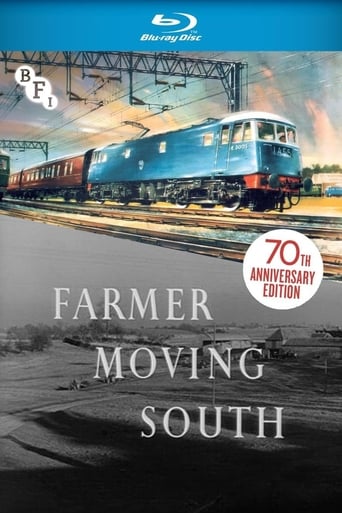Forward to First Principles 1966
There have been railways in this country for over three hundred years. In the nineteenth century, railways spread across Britain and changed the geography, history, economy, and the life of a nation, but already there existed primitive railways for moving coal and other minerals from the pits and quarries to navigable water and roads. This film scans the present and the past to show those economic principles governing the early railways have been rediscovered as a basis for modern freight trains.

